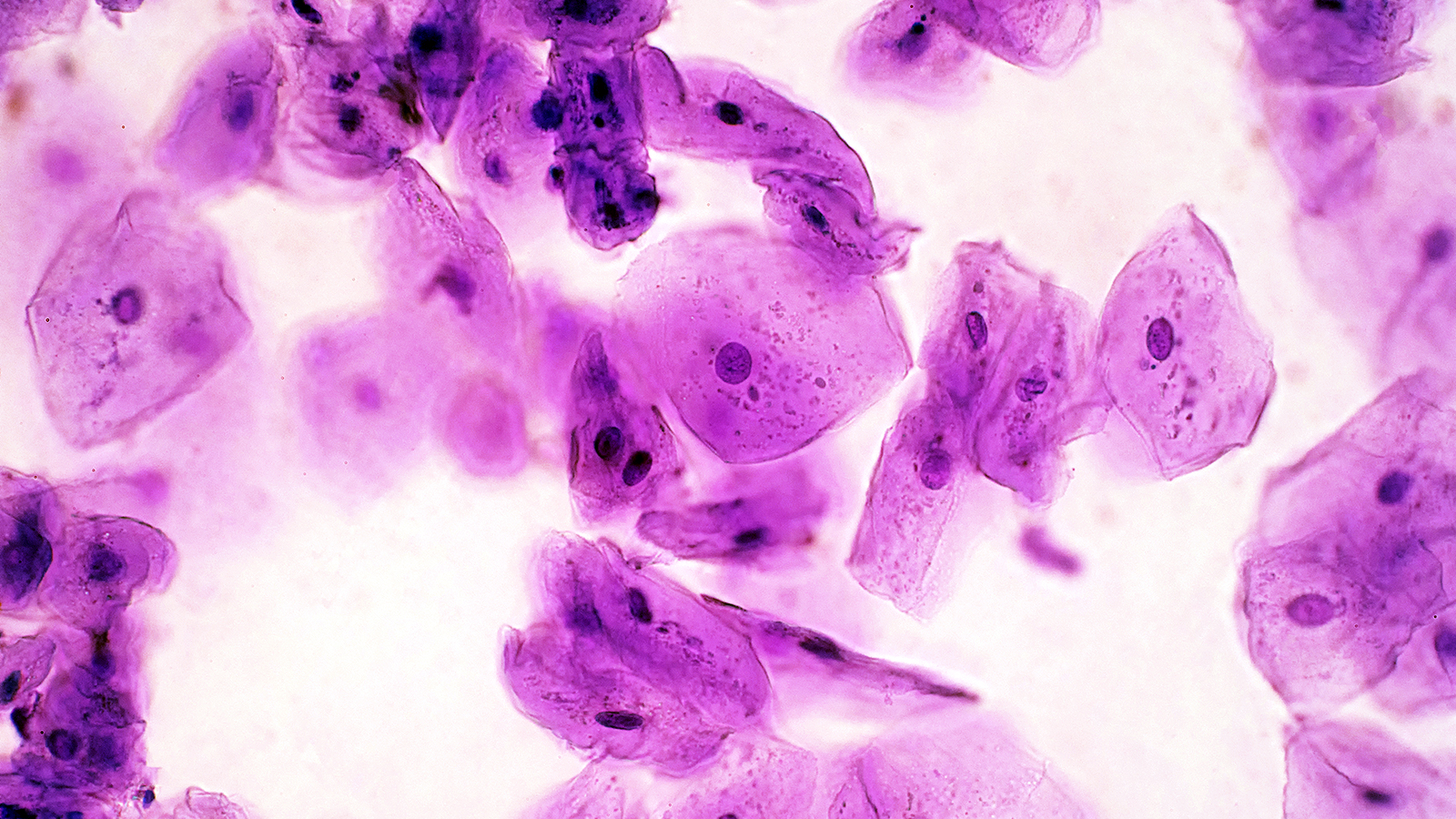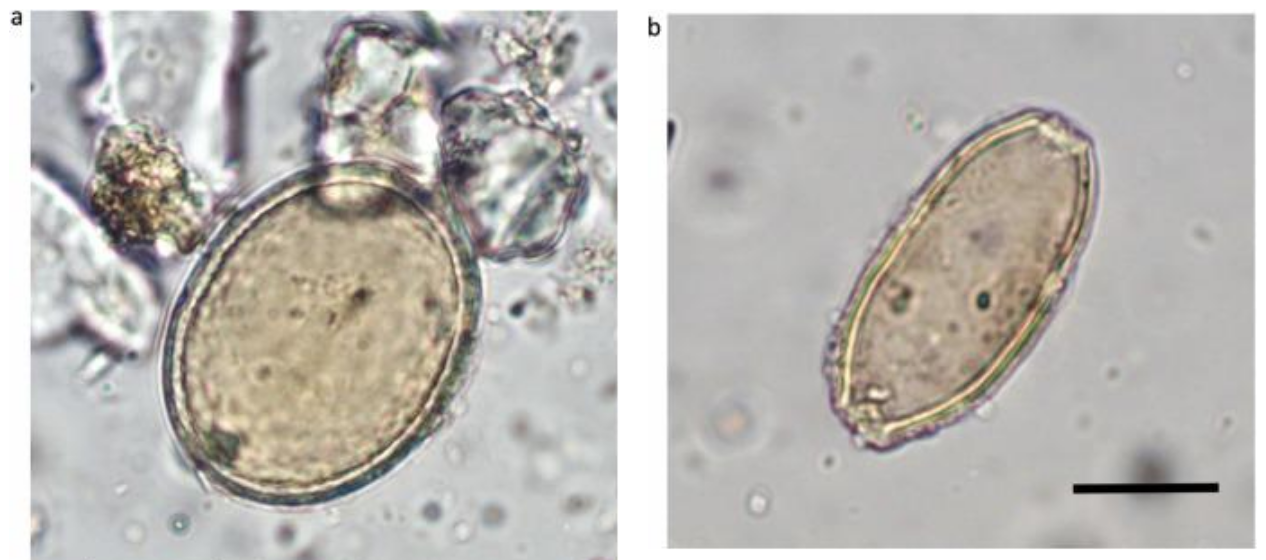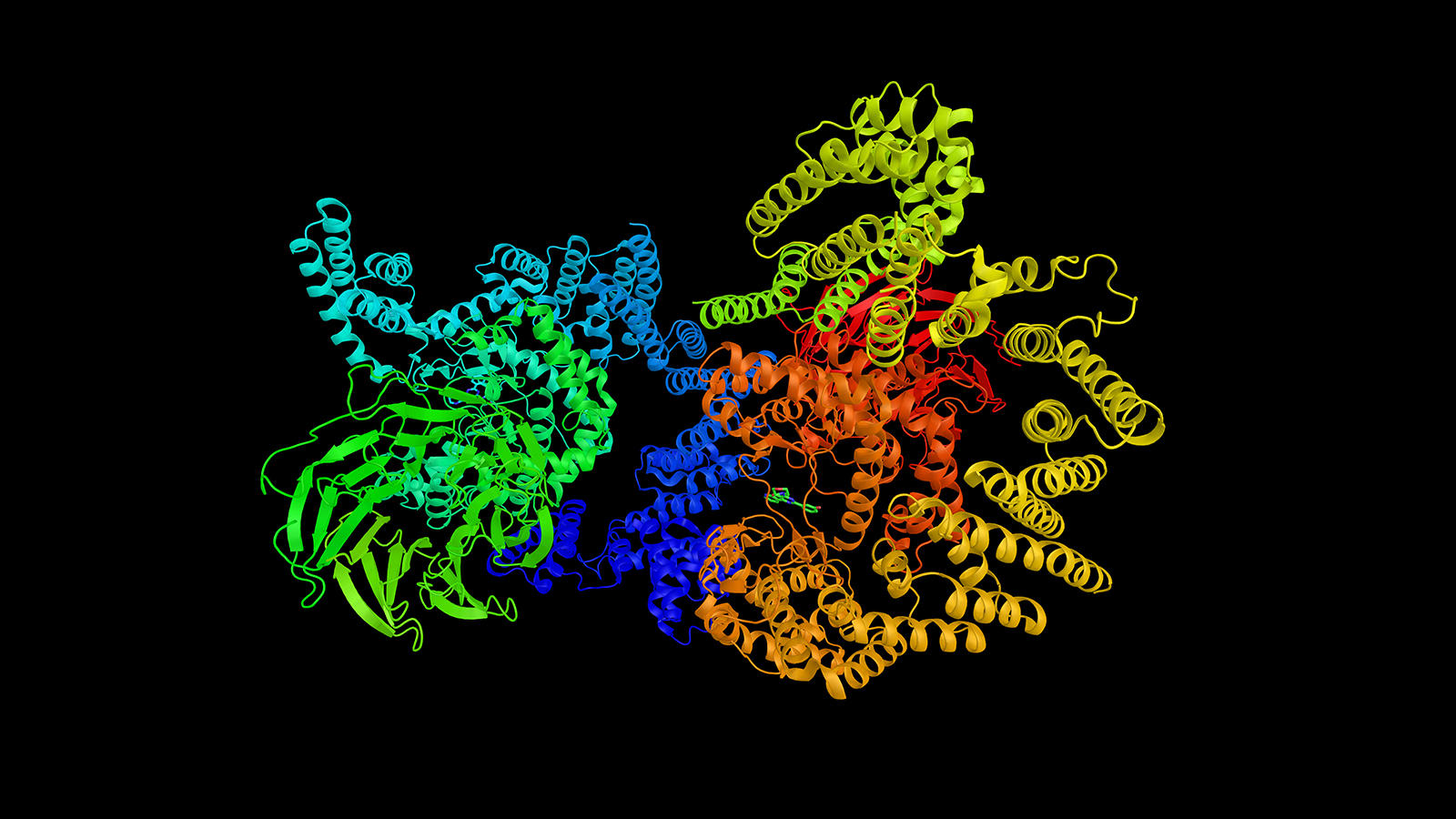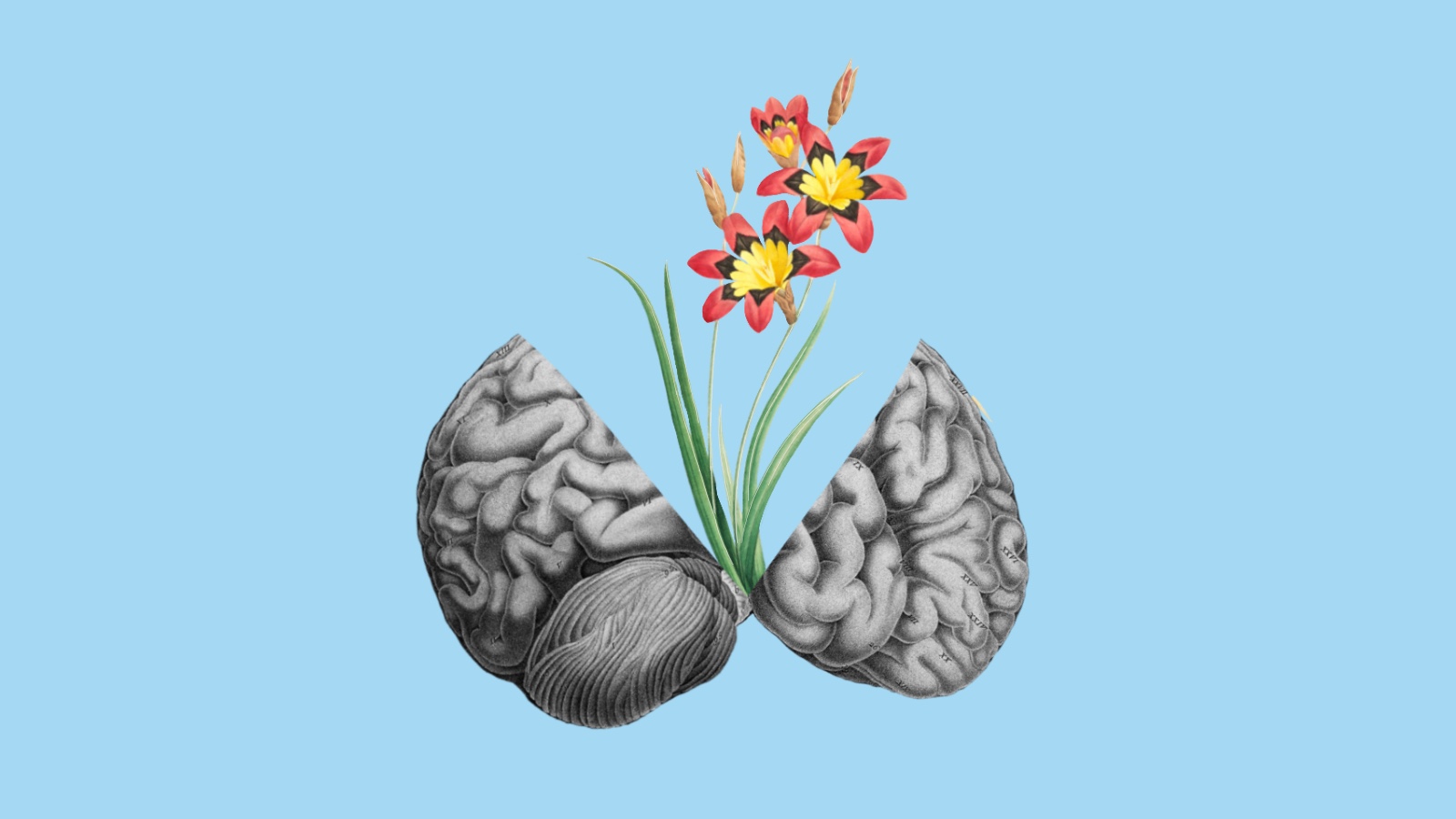How intestinal viruses could help you live to be 100
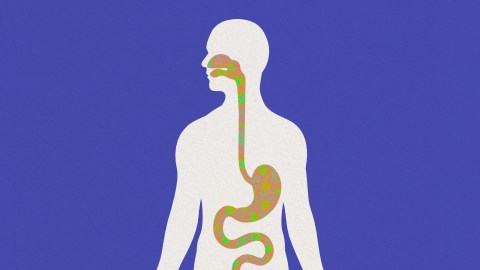
- The gut microbiome plays a substantial role in our health. However, researchers generally focus on bacteria while overlooking viruses.
- Now, researchers have found that people who live past age 100 have a greater diversity of bacteriophages (that is, viruses that infect bacteria) in their intestines than younger people.
- Furthermore, they found that these viruses alter bacterial metabolism in such a way that may support mucosal integrity and resistance to pathogens.
Our gut microbiome plays a substantial role in our health and well-being. Most research, however, focuses on bacteria, rather than the viruses that hide within them. Now, research from the University of Copenhagen, newly published in Nature Microbiology, found that people who live past age 100 have a greater diversity of bacteria-infecting viruses in their intestines than younger people. Furthermore, they found that the viruses are linked to changes in bacterial metabolism that may support mucosal integrity and resistance to pathogens.
The microbiota and aging
In the early 1970s, scientists discovered that the composition of our gut microbiota changes as we age. Recent studies have found that the changes are remarkably predictable and follow a pattern: The microbiota undergoes rapid, dramatic changes as toddlers transition to solid foods; further changes become less dramatic during childhood as the microbiota strikes a balance between the host and the environment; and as that balance is achieved, the microbiota remains mostly stable during our adult years (ages 18-60). However, that stability is lost as we enter our elderly years, and the microbiome undergoes dramatic reorganization. This discovery led scientists to question what causes this change and what effect it has on health.
“We are always eager to find out why some people live extremely long lives. Previous research has shown that the intestinal bacteria of old Japanese citizens produce brand-new molecules that make them resistant to pathogenic — that is, disease-promoting — microorganisms. And if their intestines are better protected against infection, well, then that is probably one of the things that cause them to live longer than others,” said Joachim Johansen, a researcher at the University of Copenhagen.
In 2021, a team of Japanese scientists set out to characterize the effect of this change on older people’s health. They specifically wanted to determine if people who lived to be over 100 years old — that is, centenarians — underwent changes that provided them with unique benefits. They discovered centenarians have a distinct gut community enriched in microorganisms that synthesize potent antimicrobial molecules that can kill multidrug-resistant pathogens, including Clostridioides difficile and Enterococcus faecium. In other words, the late-life shift in microbiota reduces an older person’s susceptibility to common gut pathogens.
Viruses can change alter the genes of bacteria
Although the late-in-life microbiota change could be beneficial to health, it remained unclear what facilitated this shift. To solve this mystery, Johansen and his colleagues turned their attention to an often overlooked member of the microbiome: viruses.
“Our intestines contain billions of viruses living inside bacteria, and they could not care less about human cells; instead, they infect the bacterial cells. And seeing as there are hundreds of different types of bacteria in our intestines, there are also lots of bacterial viruses,” said Simon Rasmussen, Johansen’s research advisor.
For decades, scientists have explored the possibility of phage therapy — that is, using viruses that infect bacteria (called bacteriophages or simply phages) to kill pathogens. However, bacteriophages can also enhance the bacteria they infect. For example, they can provide genes that help their bacterial host attack other bacteria or provide new metabolic capabilities. Both of these can change which bacteria colonize the gut and, in turn, protect against certain disease states.
Intestinal viruses give bacteria new abilities
Johansen and his colleagues were interested in what types of viruses centenarians had in their gut and whether those viruses carried genes that altered metabolism. They compared fecal samples of healthy centenarians (100+ year-olds) with samples from younger patients (18-100 year-olds). They found that the centenarians had a more diverse virome, including previously undescribed viral genera.
They also revealed an enrichment of genes supporting key steps in the sulfate metabolic pathway. The authors speculate that this translates to increased levels of microbially derived sulfide, which may lead to health-promoting outcomes, such as supporting mucosal integrity and resistance to potential pathogens.
“We have learned that if a virus pays a bacterium a visit, it may actually strengthen the bacterium. The viruses we found in the healthy Japanese centenarians contained extra genes that could boost the bacteria,” said Johansen.
Simon Rasmussen added, “If you discover bacteria and viruses that have a positive effect on the human intestinal flora, the obvious next step is to find out whether only some or all of us have them. If we are able to get these bacteria and their viruses to move in with the people who do not have them, more people could benefit from them.”
